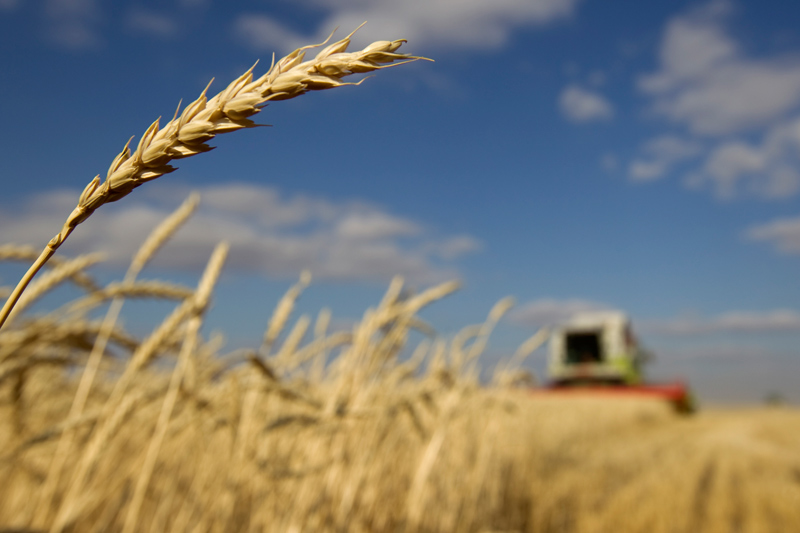By Hugh Bronstein and Roberto Samora
BUENOS AIRES/SAO PAULO (Reuters) - Farmers in Brazil and Argentina are concerned about Brazilian President Jair Bolsonaro's agreement to import 750,000 tonnes of wheat from the United States and other countries outside the Mercosur trade bloc without the 10 percent tariff that is usually required for such purchases.
Wheat growers in Argentina's Pampas farm belt said if the deal was permanent, and not just a one-off, then it would certainly have a negative impact given that Brazil is the main buyer of Argentine wheat exports.
The United States and Brazil announced steps aimed at lowering barriers to agricultural trade on Tuesday, focusing on wheat, pork and beef. The United States is usually Brazil's main wheat supplier outside of Mercosur.
"Argentina's wheat sector totally rejects Brazil's decision to import from the United States without tariffs," Andres Alcaraz, spokesman for Argentina's CEC grains export companies chamber, said on Wednesday.
"Under Mercosur regulations, Brazil must request permission from Argentina, as the main supplier of wheat to the neighboring country, to carry out that operation."
David Hughes, president of Argentine wheat industry chamber ArgenTrigo, told Reuters that if the zero-tariff agreement was a one-time exception to the 10 percent currently paid for wheat coming from outside the South American Mercosur trade bloc, then that would limit concerns.
"But if that becomes a norm, then it would be extremely worrying," he said.
When wheat supply from Mercosur - a trade bloc including Argentina, Brazil, Paraguay and Uruguay - is not sufficient to meet the demands of Brazil, the government generally authorizes a wheat import quota free of tariffs. The aim is to help the country's food industry while controlling inflation.
Last season Argentine farmers harvested 18.7 million tonnes of wheat. The country provided almost all of the 1.2 million tonnes of wheat imported by Brazil in January and February, according to Brazilian government data published on the website of the Brazilian Wheat Industry Association (Abitrigo).
Last year, of the 6.8 million tonnes of wheat that Brazil imported, a huge 5.9 million tonnes came from Argentina. Most of the rest came from Paraguay and the United States.
Brazilian farmers also flagged concerns.
"Now there's another 750,000 tonnes that will compete with national production," said a wheat industry source in Parana, Brazil's main wheat producing area, asking not to be named. He said the U.S. wheat will probably be shipped to mills in Brazil's northern and northeast regions.
